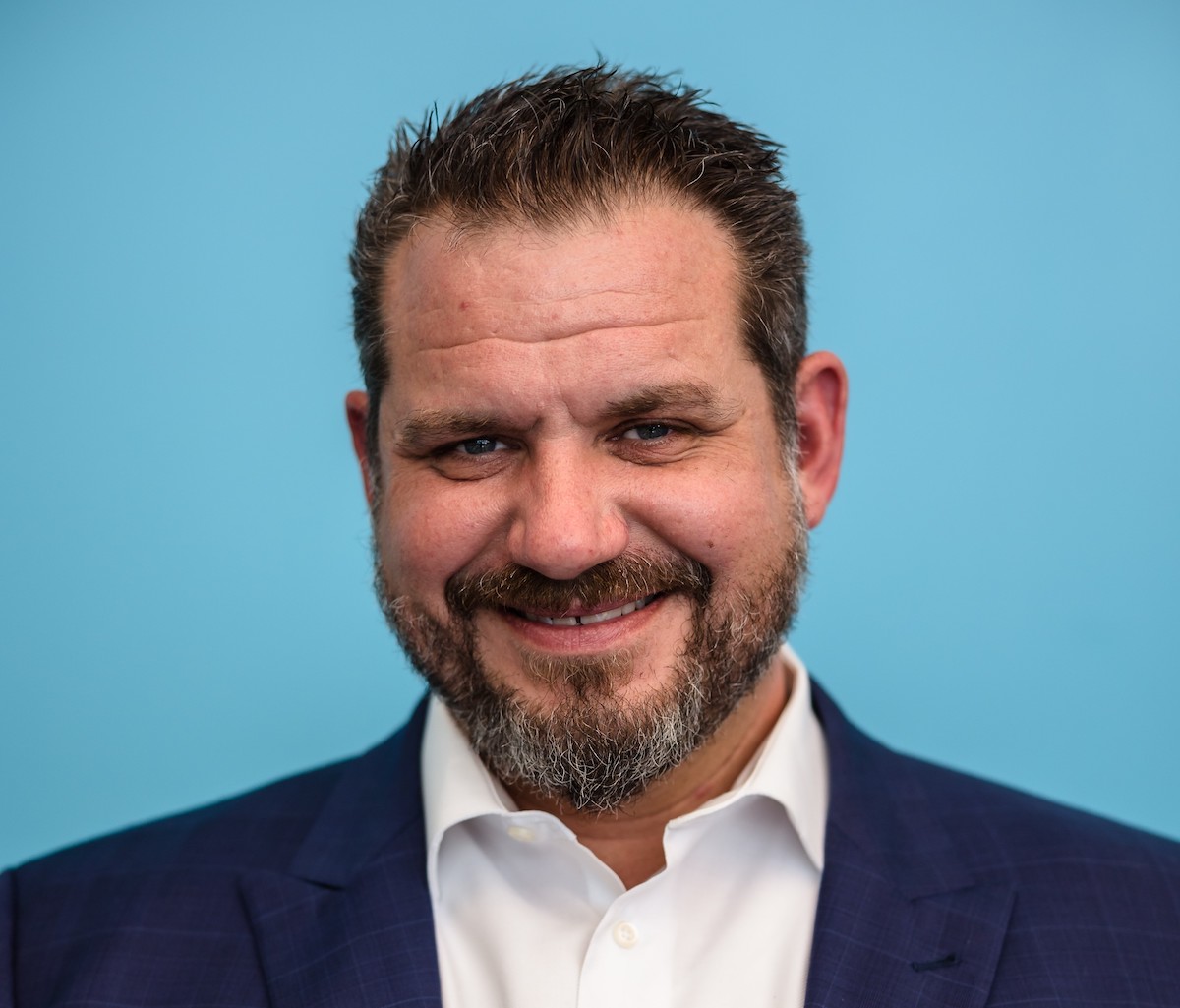University City Science Center, an organization central to the region’s burgeoning life sciences sector, announced Wednesday the creation of its fourth “strategic pillar” — a venture capital arm that will deploy funds to startups addressing health inequities for underserved populations.
This addition of a capital arm adds to the nonprofit’s existing work, which it describes as “commercialization of promising technologies, cultivating STEM talent and convening people to inspire action.” The effort will be led by Heath Naquin, who joined the Science Center in June as its VP of government and capital engagement.
Naquin is new to the Philly region, but has done consultation work with the Science Center for years. He’s worked in the VC space and as a global and government liaison, and most recently worked on the Rapid Acceleration of Diagnostics (RADx) Initiative with the National Institutes of Health. He’s also the cofounder of International Innovation Associates, a consultancy firm with practice areas in healthcare innovation, angel and VC fund creation, DEI support programming, global venture creation and strategic economic advisory.
Naquin told Technical.ly that the appointment of Tiffany Wilson as the Science Center’s president and CEO last year helped solidify the org’s move to officially bringing a capital aspect to its operations.
“With a sharpened vision and a new strategic plan in place, we’re eager to set into motion the next chapter of the Science Center’s impact on healthcare innovation,” Wilson said in a statement. “We’re committed to mobilizing capital in Greater Philadelphia and doing our part to close the gap in health inequities for underserved populations.”

The capital pillar, when it’s up and running, will be seeking to fund “diverse founders” in STEM who are addressing health inequities through their startups. The capital won’t be exclusive to startups in Science Center programs — which include its Launch Lane accelerator — and won’t necessarily all be local, Naquin said.
“External founders are fine. It’s more about supporting that population,” he said. “Really it’s about serving the diverse founders in the STEM community much more broadly.”
The Science Center isn’t a total stranger to venture capital: With early support of the U.S. Economic Development Administration, the org established a pilot concept for capital deployment in 2014 and has since invested more than $4 million into 43 companies across the region. But the new pillar will allow the Center to deploy capital from an investment fund into companies outside its direct ecosystem.
“While there’s existing investors in the area, it’s a little bit different when you’re making investments from a nonprofit standpoint,” Naquin said. “The investment thesis can be a bit riskier than funds that are for-profit and are conscious of those profit margins. Instead, you’re operating from a place where there’s essentially no limit of impact you can make with an investment.”
When working within the Science Center, Naquin said the work is more about creating catalytic resources for the region, not competing. That was a large part of his decision to take the role and begin this work.
“I’ve worked all over the world in the science and tech and capital space,” he said. “I think Philadelphia is a region with this cluster of top research and tech factories, places like Penn and Drexel producing high-quality research combined with later-stage capital that’s present. There’s a really unique place where the Science Center can act and be impactful.”
Science Center didn’t indicate a timeline for launch, the expected amount of capital it plans to deploy or where it expects the funding will come from.







